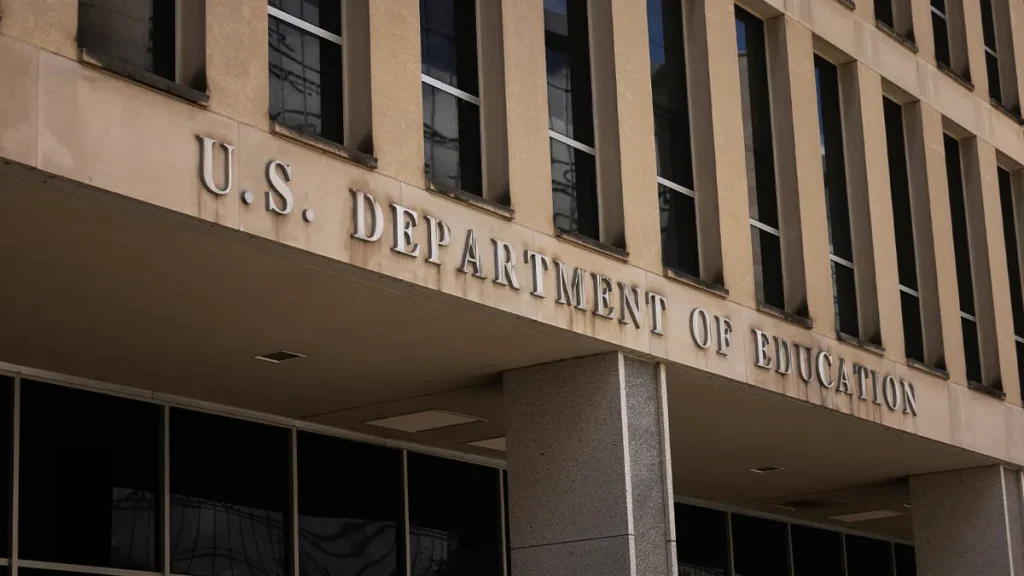
In a significant development, the University of Michigan (U-M) has announced the closure of its Diversity, Equity, and Inclusion (DEI) offices. The decision comes in response to executive orders issued by former U.S. President Donald Trump, which have continued to influence policies concerning DEI initiatives in educational institutions. This move has sparked a heated debate about the role of DEI programs in higher education and their impact on fostering an inclusive learning environment.
Background of the Decision
The University of Michigan has been a strong advocate for diversity and inclusion over the years, implementing various programs to promote equal opportunities for students from different backgrounds. However, recent executive orders issued under the Trump administration have sought to curtail DEI efforts by limiting federal funding for institutions that promote race- and gender-based training programs.
Despite President Joe Biden rescinding these orders upon taking office, the ideological debate surrounding DEI initiatives has persisted, with some states and universities choosing to reevaluate their approaches. U-M’s decision to shutter its DEI offices is a reflection of this ongoing national discourse.
Implications for Students and Faculty
The closure of these offices raises questions about the university’s commitment to fostering an inclusive environment for its students, faculty, and staff. The DEI programs at U-M played a crucial role in supporting underrepresented communities, providing scholarships, mentorship opportunities, and resources for marginalized groups.
Many students and faculty members have expressed disappointment and concern over the impact this decision will have on campus inclusivity. Critics argue that shutting down DEI offices could lead to a decline in diversity-focused initiatives, potentially hindering the academic and social experiences of minority students.
On the other hand, supporters of the decision believe that DEI programs have overstepped their bounds by fostering division rather than unity. Some conservative groups and policymakers have long argued that DEI initiatives impose a biased ideological framework that prioritizes identity politics over merit-based opportunities.
National Context and Future of DEI in Universities
The University of Michigan’s move comes at a time when several states and institutions are reassessing their stance on DEI programs. Republican-led states such as Florida and Texas have already implemented measures to defund DEI initiatives in public universities, citing concerns over political bias and excessive expenditure.
The debate over DEI is not limited to the academic sphere; corporate America has also seen pushback against diversity training and inclusion-focused policies. With increasing scrutiny from both political and financial perspectives, the future of DEI programs remains uncertain.
What’s Next for U-M?
While the university has confirmed the closure of its DEI offices, it remains to be seen how it will address the needs of underrepresented students moving forward. U-M officials have stated that they remain committed to fostering diversity on campus, but details on alternative approaches have yet to be disclosed.
For now, students and faculty members advocating for DEI initiatives may have to rely on student-led organizations and informal networks to continue supporting diversity and inclusion efforts on campus. The university’s next steps in this regard will be closely watched by both supporters and critics of DEI programs nationwide.
Conclusion
The University of Michigan’s decision to shut down its DEI offices is a reflection of the broader national debate surrounding diversity, equity, and inclusion in higher education. As institutions navigate the political and financial challenges associated with these programs, the impact on students and faculty remains a critical point of discussion. Whether this move marks the beginning of a broader trend or remains an isolated decision will depend on how other universities respond to similar pressures in the coming years.
